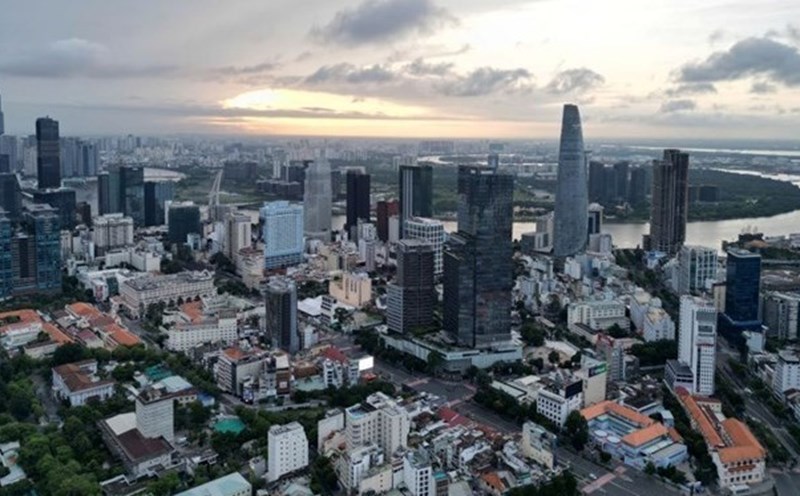According to The Economic Times, the plant began mass production of AirPods in April 2025, currently reaching more than 100,000 pairs per month. Foxconn plans to increase production to 200,000 units/month in the next 68 months, or double output in early 2026.
To meet the expansion plan, Foxconn is transferring advanced production lines and machinery from other facilities to Hyderabad. Five existing lines are being upgraded to produce new AirPods models, and the number of employees will increase from 2,000 to nearly 5,000 in the coming period.
Foxconn initially committed to investing 550 million USD (about 4,600 crore rupees) in this project from 2023, aiming to build a complete audio production center to serve both domestic markets and exports to the US and Europe.
This move marks a new phase in Apple's manufacturing diversification strategy, aiming to reduce its dependence on China amid rising trade tensions and geopolitical risks.
India has become Apple's strategic manufacturing hub, not only with the iPhone but also expanding to accessories, components and audio equipment such as AirPods.
Increasing AirPods capacity also helps Apple strengthen the global supply chain, avoiding a repeat of the component shortage that occurred when China limited exports of rare earth minerals at the beginning of the year.
In addition to Foxconn, Jabil ( AirPods shell supplier) is also expanding its production facility in Tirschirappalli, Tamil Nadu, to support Apple's growing demand.
With a series of new investment projects, India is gradually becoming Apple's largest audio equipment manufacturing center in Asia.
Analysts say that expanding AirPods production will not only help Apple reduce costs and transportation risks, but also boost high-tech jobs in India, strengthening the country's position in Apple's global value chain.











